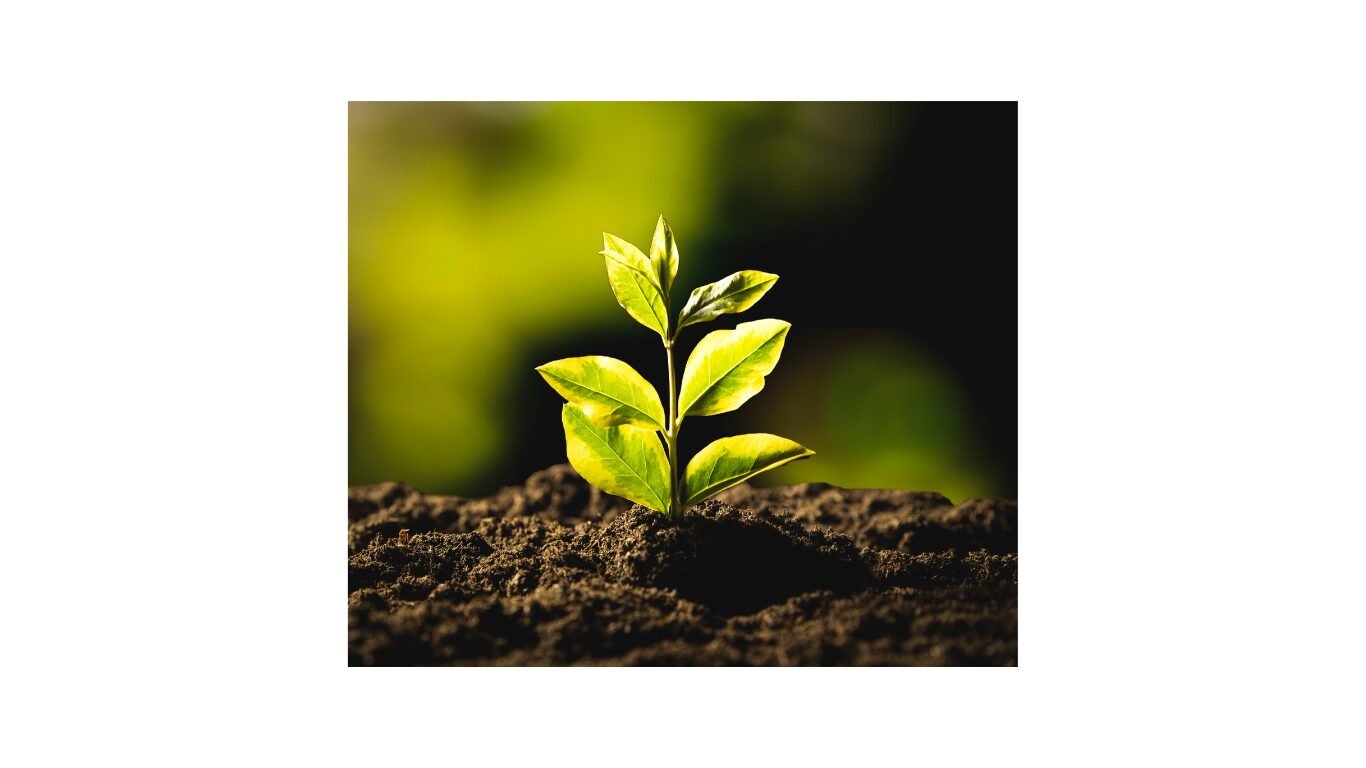Midlands Hospitality Network
Didn’t make it to our last session? Here’s the lowdown and some businesses that are leading the charge and supporting hospitality venues on their sustainability journey.
Beyond the Buzzword: Real-World Sustainability in Food
When we talk about sustainability in food, it’s easy to get swept up in trendy buzzwords and surface-level actions. But beneath the marketing lies a deeper, more powerful movement – one rooted in community, consciousness, and care.
Empowering Teams Through Sustainability
At the heart of the sustainability “movement” lies people, not just the farmers and producers, but the hospitality teams bringing food to the plate. There’s power in knowing your work contributes to something meaningful.
As Geetie-Singh Watson put it, “You can teach a great caterer to be an environmentalist.” When teams feel they’re part of something ethical and sustainable, pride and engagement skyrocket. It changes the narrative: no longer contributing to food waste or faceless supply chains, they can say, “I supported this farmer,” or “This customer learned something new and left healthier.” It’s not just good ethics — it’s good business.
Attraction and Retention Through ESG
Sustainability today isn’t just an environmental concern. It’s a talent magnet. Companies that embed sustainability into their culture – and transparently report it through ESG (Environmental, Social, Governance) frameworks – are seeing direct benefits in recruitment and retention. As values-driven work becomes a top priority for employees, especially younger generations, a solid sustainability policy isn’t a nice-to-have – it’s essential.
Seasonality & Agricultural Diversity
Embedding seasonality into menus and increasing agricultural diversity are two impactful steps the industry can take. Right now, 75% of UK arable land is used to grow just three crops – a huge risk to food security and biodiversity. Shifting our focus to a wider variety of ingredients, in tune with the seasons, isn’t just better for the planet – it creates more exciting, nutritious food for customers too.
The Complexity of “Sustainable” Ingredients
But let’s not pretend it’s simple. Take palm oil. Often vilified, it’s not always the villain. In some cases, sustainably sourced palm oil has a lower impact than other, less regulated oils. The bigger picture? Reduce oil usage where possible, and avoid getting caught in binary thinking. Sustainability is rarely black and white.
The Problematic Nature of “Local”
“Local” is another word that deserves scrutiny. While it sounds good on a menu next to “seasonal,” local sourcing isn’t always the most ethical choice. Intensive local pig farms, for example, may still feed animals GM crops grown abroad, contributing to global deforestation. It’s time the industry held itself accountable, moving away from performative sourcing claims and towards transparency and honesty.
Sustainability Beyond the Plate
Environmental action doesn’t stop at food. Kitchens are often filled with harmful chemicals – degreasers, dishwashers, petrochemical-based cleaning agents – many of which are toxic to aquatic and plant life. There’s a growing call for the industry to audit its cleaning protocols, pushing for non-toxic, food-safe alternatives that match the same environmental standards applied to food sourcing.
Energy Monitoring & Efficiency
Then there’s energy. Smart monitoring and simple behavioural changes can make a huge difference. Half-hourly meters, for instance, allow businesses to track energy spikes and understand waste. One all-too-familiar scenario? Chefs leaving the Rational oven on to keep a cup of tea warm. These may seem like minor issues, but over time, they add up. And they’re fixable.
Getting Started with Sustainability
The most important thing? Just start. Whether it’s switching to LED lighting, rethinking suppliers, or cutting emissions, don’t wait for a perfect plan. Begin with one action, then build. Momentum comes from movement.
Tools for Progress
Thankfully, we’re not alone. Businesses like True and Adam exist to help businesses track sustainability initiatives, monitor energy usage, forecast utility pricing, and sequence their efforts in a cost-effective, impactful way.
Survive 25: The Economic Outlook
Realistically, many operators are just trying to survive 2025. With energy prices and inflation hitting hard, sustainability might feel like a luxury. But there’s light on the horizon – 2026 is forecast to bring greater stability, particularly around energy costs. That makes 2025 the time to lay the groundwork.
Infrastructure: Heat Recovery and Kitchen Tech
One hospitality venue shared how their investment in heat recovery systems and voltage optimisers shielded them from huge energy spikes. These aren’t glamorous upgrades, but they’re game-changers for long-term resilience – and they pay off.
Universal Desires, Unequal Access
Here’s the bottom line: across all demographics, people want the same things – nutritious food, transparency, and health for their families. But many can’t afford the time or money to access them. That’s where storytelling, education, and accessibility come in. Sustainability must be inclusive, or it won’t be sustainable at all.
Final Thought: Data Meets Behaviour
Sustainability isn’t just policy – it’s psychology. Most people want to make better choices. Our challenge is to create systems, environments, and businesses that make those choices easy, affordable, and obvious.
The future of food isn’t just slow — it’s smart, honest, inclusive, and above all, human.



